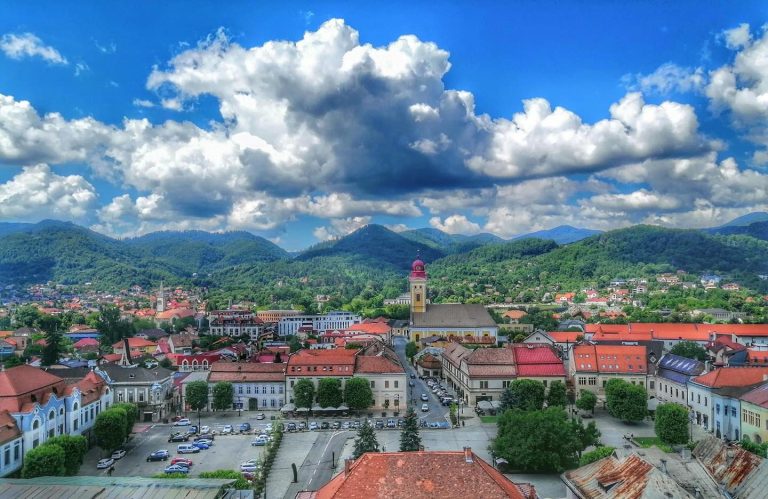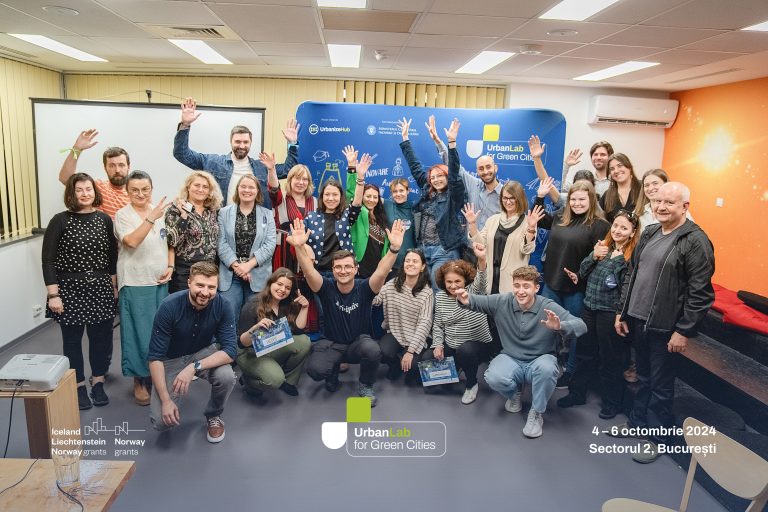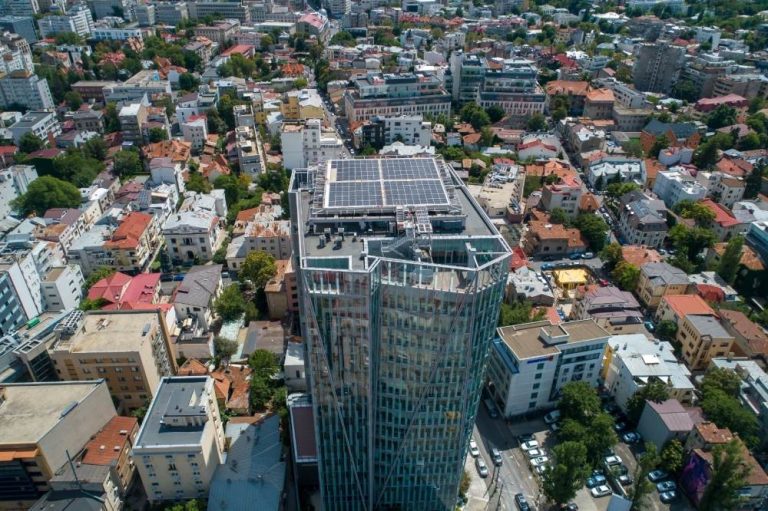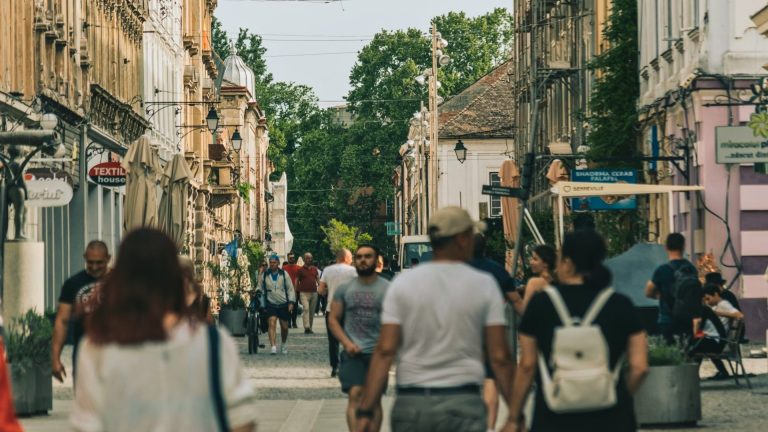The Paris agreement was signed in December 2015 and came into force on the 4th of November, 2016. Countries have agreed to achieve net zero greenhouse gas emissions by 2050 and cap global temperature rise at 2 degrees Celsius above 1990 levels. Cities around the world account for 70% of all greenhouse gas emissions, which means that their strategies will be crucial in reducing global levels.
Cities like Auckland, Singapore, Ho Chi Minh (Vietnam), Rotterdam and Melbourne have all joined C40, a network of cities committed to tackling climate change. The network calls for the implementation of measures that can increase urban density so as to minimize the carbon footprint of cities. Click here to read our article about urban density; and read about the more advanced concept of ‘hyperdensity’ here.
Action needs to be taken by city leaders as soon as possible, otherwise the outcomes will be dramatic, with millions of people possibly losing their homes – C40 estimates that 70% of cities have already started to see the negative effects of climate change, and at least three quarters of major cities are coastal, which makes them extremely vulnerable to the effects of sea level rise. There is room for optimism, though – cities have the opportunity to offset the disastrous effects of carbon emissions, and the measures taken in cities can have more immediate and radical effects than what is done at the national level, where deadlock is often experienced due to procedural and political issues. According to the C40 network, there are two key ways in which municipalities can achieve the proposed goals: making public transport attractive and accessible and sharing expertise internationally.
Transport – essential for reducing emissions
The mayor of Auckland plans major changes in the city’s transport infrastructure. Although Auckland is modelled after Los Angeles, where cars are the most viable option for residents, they now want to address public transport ‘instead of building cities around cars’, the mayor said. The plans include expanding rail infrastructure, increasing bus frequency, more cycling paths and footpaths. Similarly, Singapore is taking measures to reduce its gas emissions: upgrading the rail network, tripling their cycling paths, allowing foldable bikes and scooters on buses and trains all-day, and investing in research to develop electric and driverless vehicles.
One way Singapore discourages car usage, which Auckland now wants to emulate, is the Electronic Road Pricing – car owners must pay a toll when driving in central areas and on the very commonly used main roads. However, these kinds of measures need strong public support in order to generate results and achieve their real goals. For example, Auckland is planning a referendum on motorway tolls, even though a recent poll has shown that 57% of inhabitants would support these charges if they helped solve congestion problems.
Collaborating and sharing expertise
The Auckland administration tries to consult the public as much as possible to make important decisions, through activities like town hall meetings, public consultations and canvassing for opinions. Another great example of a city that works together with its citizens is Copenhagen – they argue that simply consulting people on future policies sends the wrong message of just reducing the impact of a decision that has already been made. Officials say they look for ‘cooperation in its truest form’, creating organizations of citizens and companies which can participate in a ‘co-creation’ of development solutions, from smart parking and waste management to monitoring air quality and noise levels. Citizens get the opportunity to assess the effect of the strategies before these organizations apply them on a large scale.
Sharing ideas locally and globally is essential to making cities worldwide more resilient and climate-friendly, says Morten Kabell, mayor for Technical and Environmental Affairs at the City of Copenhagen. Within the C40 organisation, coastal cities like Ho Chi Minh, Rotterdam, Singapore and Melbourne work under a ‘Connecting Delta Cities’ network where they share strategies for coping with climate change. This cooperation has “helped drive social, economic, and development opportunities in adapting to climate change,” said the Chairman of the Ho Chi Minh City People’s Committee, Nguyen Thanh Phong.
Source: eco-business; C40 cities; weforum
Photo: sputniknews





